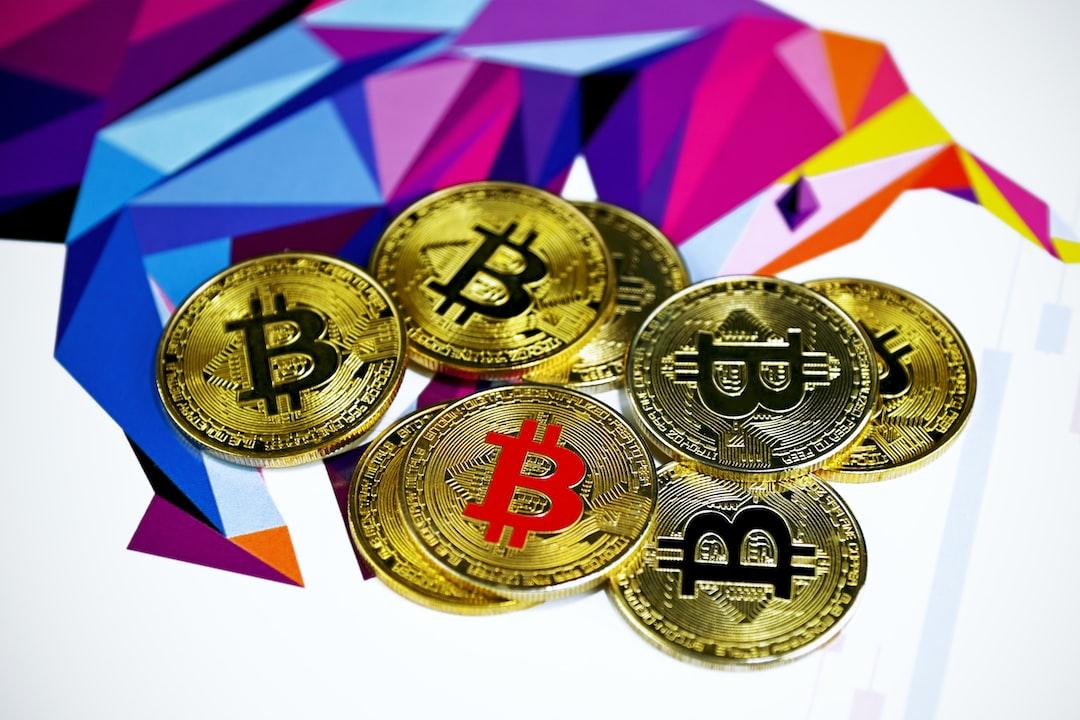Disclaimer: The opinions expressed in this article are solely those of the author and do not represent the views and opinions of the editorial team at crypto.news.
Prediction markets have emerged as one of the most exciting applications of blockchain technology today, with a betting volume of over $3.1 billion in Q3 of this year. Polymarket, considered crypto’s first ‘killer app’ in the prediction market space, has managed to capture mainstream attention and influence major events, accounting for 99% of the prediction market share. For example, Polymarket’s impact was felt in American households through mainstream media during the 2024 US elections, demonstrating how blockchain can revolutionize our interaction with knowledge.
However, prediction markets are just a part of a larger shift in generating and verifying information. This shift represents an evolution from platforms like Wikipedia and Reddit, which harnessed collective wisdom through crowdsourcing. While these platforms democratized access to information and opinions, they also had their flaws. Wikipedia struggled with maintaining neutrality, as content wars and biased edits were inevitable in an open-editing system. Reddit, on the other hand, unintentionally promoted clickbait and sensationalism, prioritizing popularity over accuracy.
Blockchain technology addresses the issues that plagued crowdsourcing platforms by introducing transparency, accountability, and a system of incentives for truth. Every edit, vote, or contribution is recorded immutably, preventing manipulation and ensuring radical transparency. Prediction markets, like Polymarket, reward truth rather than popularity, creating a self-regulating system that prioritizes accuracy. Blockchain also offers a solution to the broken financial model of journalism by introducing decentralized funding models, allowing the community to decide which content should receive funding.
Blockchain not only decentralizes information but also opinion. Prediction markets empower the crowd to determine the weight of journalism and research, validating what is true over time and making it difficult for bad actors to manipulate public opinion. Additionally, blockchain brings accountability to crowdsourcing platforms by ensuring that every decision is auditable and that contributors are held responsible for their actions.
In the future, crowdsourced platforms will transform into active marketplaces where users determine quality, truth, and value, rather than relying on centralized gatekeepers. Blockchain, prediction markets, and decentralized funding models are laying the foundation for a decentralized and transparent internet where unbiased, high-quality journalism and research flourish.
Therefore, the question is not if blockchain will bring the next evolution, but rather when it will happen.
About the author: Ciarán Murray, the founder of Olas, a publishing protocol building a decentralized media platform, has extensive experience in the blockchain industry. With a background in the media industry, he understands the challenges faced by the media industry and how blockchain and other distributed technologies can address them.

